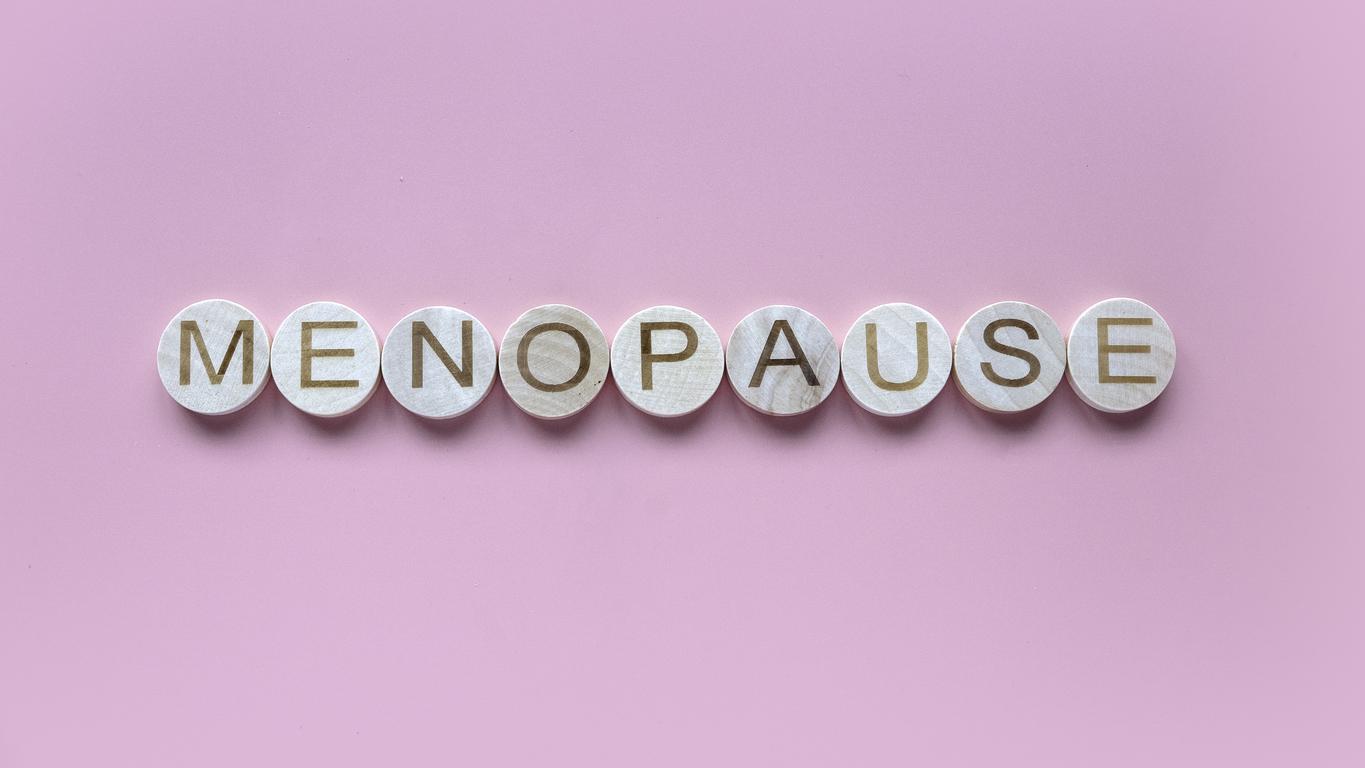Fezolinetan reduces hot flashes caused by stopping periods, according to a new study.

- During menopause, many women experience hot flashes.
- A new non-hormonal treatment seems effective against this disabling symptom.
- “Fezolinetant was effective and well tolerated for 24 weeks. Its effect was observed from the first day of treatment,” indicates the author of the study.
When they are severe, hot flashes due to menopause can be a real handicap. Aware of the problem, researchers have just established that a drug called fezolinetant effectively reduces this symptom caused by the cessation of periods.
To combat hot flashes, hormone replacement therapy (HRT) is usually prescribed, but these medications are not suitable for women who have survived endocrine cancer or those who have high blood pressure.
Hot flashes: how does fezolinetant work?
Fezolinetant is a non-hormonal treatment approved last year by the Food and Drug Administration (FDA) and the European Medicines Agency (EMA). It acts directly on the body temperature regulation pathway by blocking a brain protein called neurokinin-3 (NK-3).
To test its effectiveness, researchers examined the condition of 453 postmenopausal women aged 40 to 65, suffering from moderate or severe hot flashes and not eligible for hormone replacement therapy, after administering 45 mg of fezolinetant or a placebo. They found that women taking fezolinetant had less frequent and less severe hot flashes over 24 weeks.
Women taking fezolinetant had fewer hot flashes during the first week, with the greatest decrease seen during the first three days. The severity of hot flashes was also reduced dramatically by the drug starting on the second day. No drug-related health problems were noted during the experiment.
Hot flashes: “fezolinetant is effective from the first day”
“DAYLIGHT is the first study of fezolinetant to examine its placebo-controlled efficacy over 24 weeks,” says Professor Antonio Cano, member of the INCLIVA Research Institute and author of the research.
“Fezolinetant was effective and well tolerated for 24 weeks. Its effect was observed from the first day of treatment,” he summarizes.
“A safe and effective non-hormonal molecule could therefore soon be available to the very large number of postmenopausal women who suffer from vasomotor symptoms. This could improve their general health, their quality of life and their professional performance”he continues. “However, the prevalence or intensity of these symptoms varies depending on ethnicity. For example, vasomotor problems are more common and more severe in black women. Therefore, there is a need for more clinical data on different populations and different geographic areas”, he finishes.
Unlike hormone therapy that replaces estrogen, fezolinetant does not relieve other symptoms of menopause such as mood changes or vaginal dryness.


















